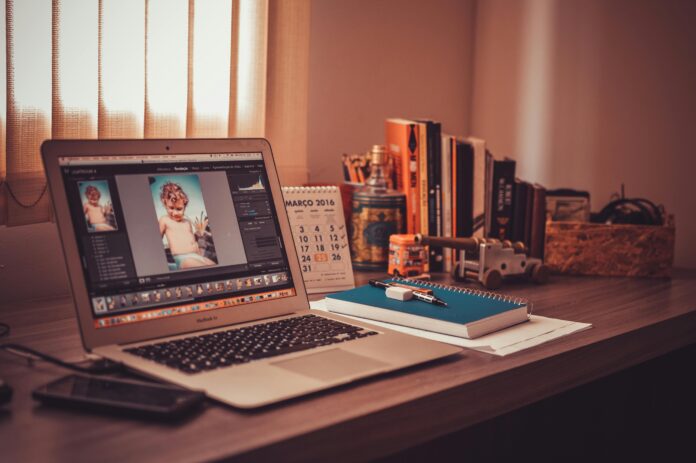In the digital age, filters and Photoshop have a significant impact on our perception of beauty. Social media platforms such as Instagram, Snapchat and TikTok offer users a range of filters that can alter appearance, from subtle skin softening to drastic facial changes. Photoshop, a powerful image editing program, is often used by professional photographers and influencers to retouch and perfect images. While these tools offer creative possibilities, they also have profound effects on how we perceive and appreciate beauty.
Distorted Reality
Filters and Photoshop can create an unrealistic standard of beauty. When we are constantly confronted with images of perfectly smooth skin, symmetrical faces and ideal body shapes, it can distort our perception of what is normal and attractive. These edited images are often far from reality, but are presented as attainable beauty goals.
Self-image and Self-confidence
Continuous exposure to manipulated images can lead to negative self-image and reduced self-esteem. Many people, especially young people, feel pressure to conform to the unrealistic beauty standards they see online. This can result in insecurities and even serious psychological problems such as depression and eating disorders. Studies have shown that using filters and comparing oneself to edited photos can have a negative impact on mental health.
The Role of Social Media
Social media plays a central role in the proliferation of filtered and photoshopped images. Platforms often reward aesthetically pleasing photos with more likes and followers, which motivates users to edit their images. This creates a vicious cycle in which the demand for perfection keeps increasing. Moreover, influencers and celebrities, who have millions of followers, can reinforce these standards by regularly posting highly edited images.
Authenticity and Transparency
In response to growing concerns about the impact of filters and Photoshop, movements have emerged advocating for more authenticity and transparency. Campaigns such as #NoFilter and #BodyPositivity encourage people to show their natural selves and celebrate beauty in all its forms. Some influencers and brands are now choosing to share unfiltered and unedited photos, helping to promote a more realistic view of beauty.
The Way Forward
It is important to strike a balance between enjoying the creative opportunities offered by filters and Photoshop and promoting a healthy perception of beauty. Education about media literacy can help people look critically at the images they see and understand that they often do not reflect reality. Through a more conscious and nuanced approach, we can contribute to a healthier and more inclusive definition of beauty.
In conclusion, filters and Photoshop have the power to drastically alter our perception of beauty. While they offer creative freedom, it is essential to be aware of their influence and strive for realism and diversity in the images we consume and share.









